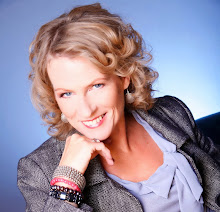The key to real happiness however has been highlighted by Professor Paul Dolan who emphasises the difference in the way we view our happy state. In essence, instead of seeing happiness as a view of how we are, we should understand it to be how we experience life. Echoes of Epictetus here - it is not what happens to us but how we experience it that affects how we are, or as he put it “Men are disturbed not by things, but by the views which they take of them". Epictetus was a Stoic philosopher, the guys who propounded the idea that to be happy you should be virtuous and not frivolous (simplistically put).
Putting aside whether the pleasure part of happiness necessitates frivolity, it is worth looking at the idea of purpose as a constituent part of that state. Recent research suggests that having a purpose can add years to your life. Dr Patrick Hill who conducted the research said "Our findings point to the fact that finding a direction for life, and setting overarching goals for what you want to achieve can help you actually live longer, regardless of when you find your purpose."
Well, this all sounds great, and as coaches we know it works, so find out more about how you can find your life purpose and get in touch with us. And in the meantime, watch Adam Leipzig's talk on finding your life purpose in 5 minutes. And remember these are the questions to answer:
- who are you?
- what do you do?
- who you do it for?
- what do those people want?
- how do they change as a result?





